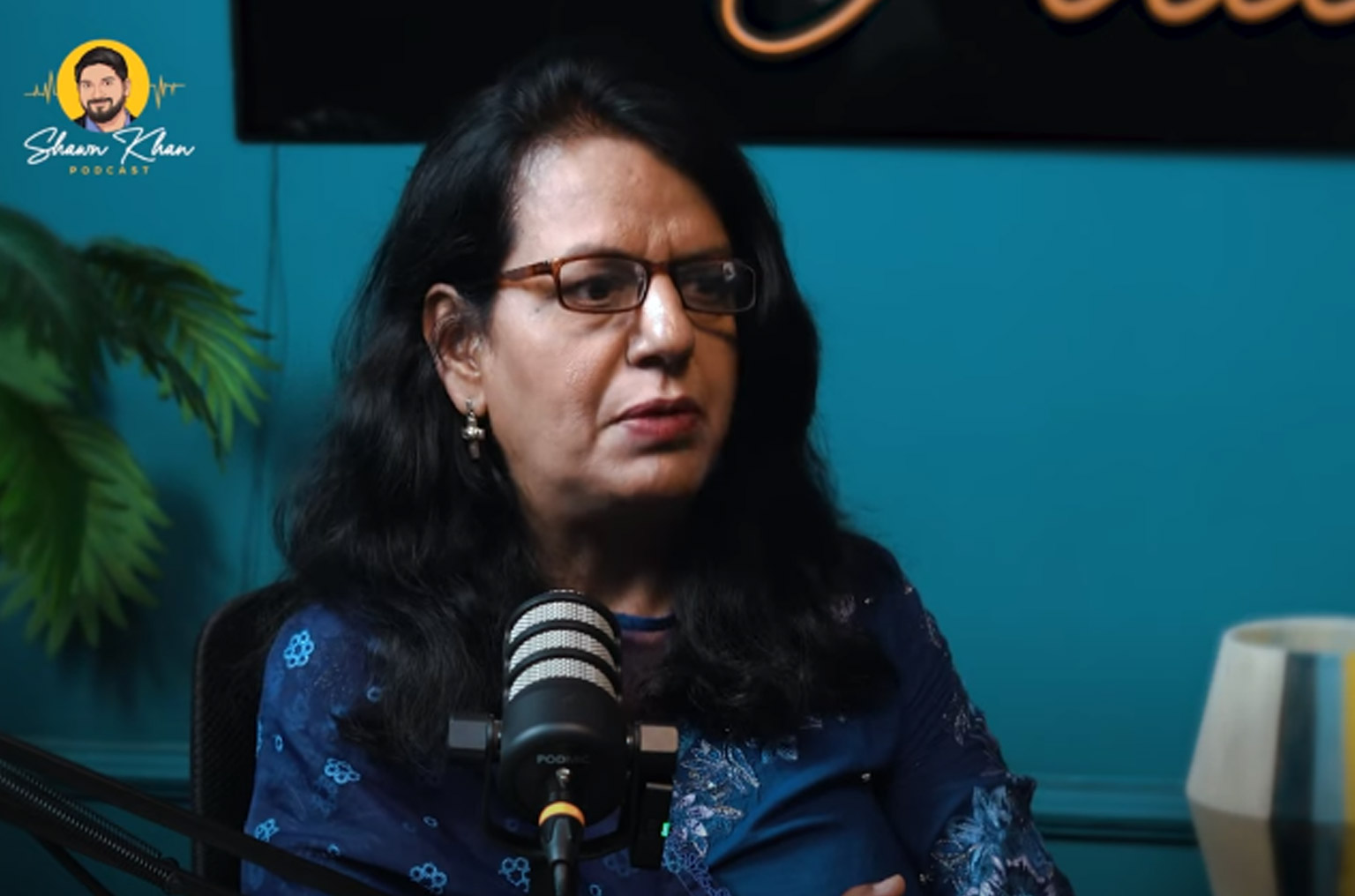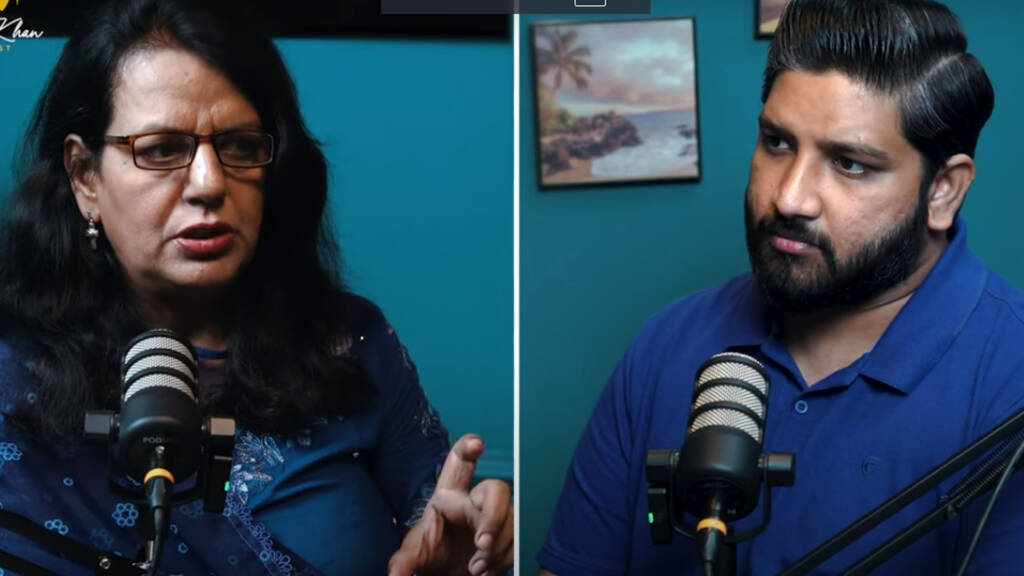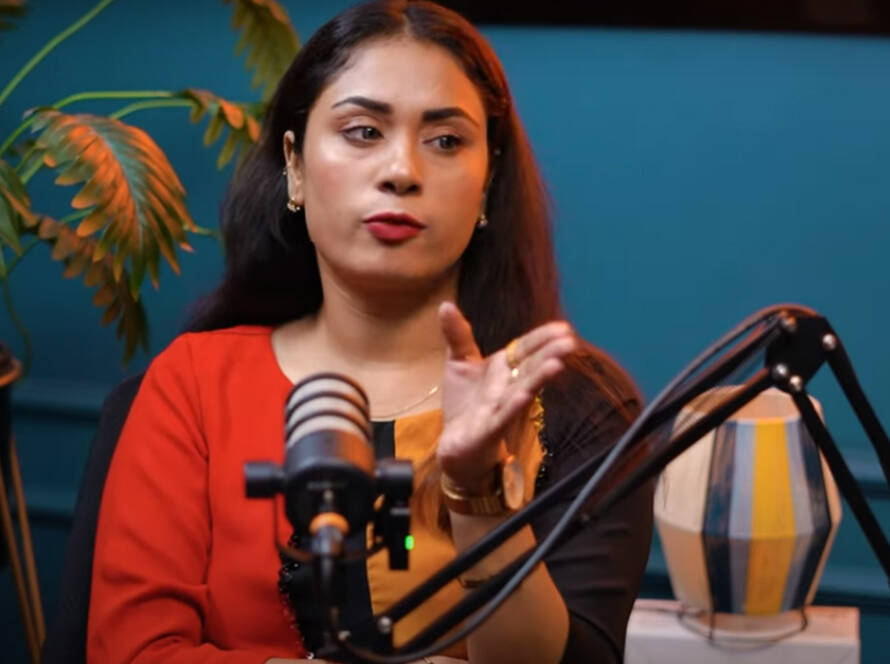In the podcast, Pastor Ghazala Shafique made a powerful and multifaceted call for equality in Pakistan, emphasizing that the struggle for the rights of minorities is an ongoing and crucial endeavor. Her call for equality encompasses several key dimensions:
1. Challenging Constitutional Discrimination:
Pastor Ghazala directly pointed to articles within Pakistan’s constitution that appear to create inherent discrimination. Specifically, she highlighted clauses that restrict who can hold the highest offices in the country, such as President and Prime Minister, based on their religious affiliation. [00:48] This constitutional limitation, she argued, sends a clear message of second-class citizenship to non-Muslims, undermining the very foundation of an equal society. Her call for equality, therefore, includes a demand for a review and amendment of these discriminatory constitutional provisions to ensure that all citizens, regardless of their faith, have an equal opportunity to participate fully in the nation’s leadership.
2. Beyond Symbolic Gestures:
Pastor Ghazala acknowledged the existence of a designated “Minorities Day” in 2009, but she vehemently argued that the issue of discrimination extends far beyond a single day of recognition. [00:00] This highlights a crucial aspect of her call for equality: it’s not about symbolic gestures or token acknowledgments, but about substantive and systemic change that permeates all aspects of society. True equality requires addressing the root causes of discrimination and ensuring consistent protection and equal opportunities for minorities in their daily lives.
3. The Significance of the Minority Rights March:
The upcoming Minority Rights March, as discussed by Pastor Ghazala, is a tangible manifestation of this call for equality. [04:44] She framed this march not as a sectarian gathering, but as a crucial platform for raising awareness and demanding concrete action from the government. The march’s aim to present 11 specific demands [01:22:36] underscores the seriousness and specificity of the issues being raised in the pursuit of equality. By inviting people of all backgrounds, particularly young Muslims, to participate, she emphasized that the fight for minority rights is a national concern that requires solidarity and collective action.
4. Integrating Quaid-e-Azam’s Vision:
A particularly significant element of Pastor Ghazala’s call for equality is the demand to include Quaid-e-Azam Muhammad Ali Jinnah’s 11 August speech in the national curriculum. [01:22:46] This speech is widely regarded as a foundational articulation of a pluralistic and inclusive vision for Pakistan, emphasizing freedom of religion and equal rights for all citizens. By advocating for its inclusion in education, Pastor Ghazala aims to instill the principles of equality and religious freedom in future generations, fostering a society that truly embodies the ideals upon which the nation was founded.
In essence, Pastor Ghazala Shafique’s call for equality is a passionate plea for substantive legal, social, and educational reforms that ensure all citizens of Pakistan, regardless of their religious affiliation, are treated with dignity, respect, and have equal opportunities. It’s a call for the nation to live up to its founding principles and build a truly just and equitable society for all.





